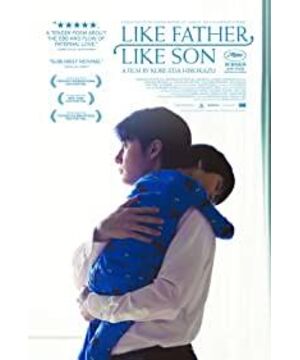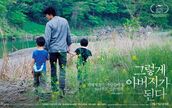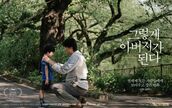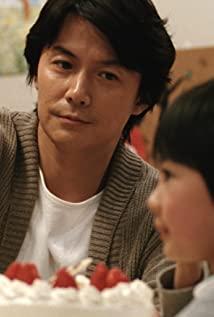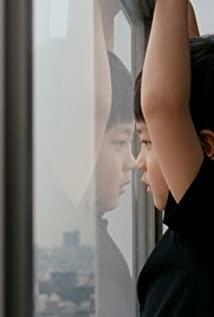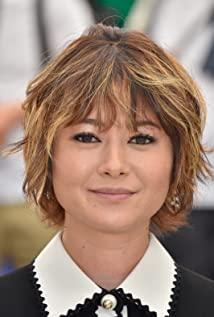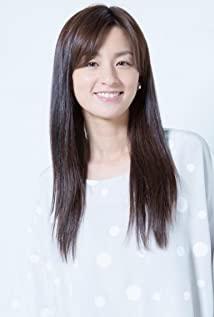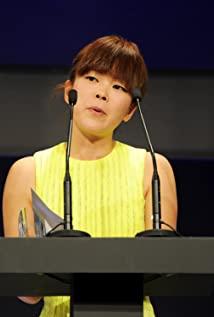Lightness is the main tone of this film, manifested in two aspects. First, in terms of emotion, because of the malicious anger of the nurse many years ago, the children of Nonomiya and Saiki were reversed, but today, six years later, the repentance of the nurse and a ruthless parent-child certificate have made the two families at the same time. lost in thought. The tension in this film is not about right and wrong at the moral or legal level, but about the painful choice that the two families face whether to exchange their biological children and how to exchange them. If a Chinese director were to shoot such a scene, 80% of the time there would be many emotional and tear-jerking scenes. However, under the guidance of Hirokazu Koreeda, the story is surprisingly self-control and restrained, and the simple and slow shots can also resonate with the audience. Interestingly, under such a tone, the limited few provocative paragraphs are a bit blunt and abrupt.
Another aspect is the role. For the four parents of the two families, Hirokazu Koeda did not add more judgment and exploration, but only general narrative descriptions. The Nonomiya family is located in a big city. It is a typical Japanese middle-class family. The father is busy with his career and is serious and indifferent, while the mother manages the housework and is gentle and sensitive. Although this family is relatively wealthy on the material level, it has many rules and is cold and depressed on the emotional level. On the other hand, in the Zhaimu family living in a small town, his father runs a small electrical appliance store and is an optimist, while his mother is cheerful and strong. Compared with the former, the atmosphere of this family is obviously more harmonious, and the parents and children become one, both parents and playmates. Among the four, the male lead of the Nonomiya family is often the character with the most attention, has more inner drama, and is the only character who has changed. But even so, the director only pointed it out, neither commenting on right or wrong, nor thinking too much about the rationality of this change and the deeper things.
Therefore, "Like Father Like Son" is not only light, but also superficial. Most Japanese audiences only need to follow the feelings of the characters and experience the collision between "blood and feelings". There is no ideological burden.
However, as a Chinese audience, I had to think divergently. In this film, which mainly shows family affection, there is a question of how different classes view their children's education. In Japan, parents have a more detached and mature understanding of their children's future development orientation, such as the utilitarian elites represented by Nonomiya in the play, or the casual nature represented by Saiki. There is a big market for both education methods, and there are no good or bad, each with its own advantages and disadvantages. However, in China, most of the current parents have a utilitarian mentality, and even break their heads for the so-called "school district housing". It's just their own account (at least they've prepared everything), and they seem so stingy when they ask them to spend more time getting to know the child.
I also think of Hosoda Mamoru's animation "Son of the Wolf Rain and Snow". After a lot of struggle, a single mother finally let her two children find their own sky, but before that, she has already set an example for her children. That kind of mother and mother's love is truly great.
Saiki Yuda said, "It's not okay for (a father) to be troublesome. It takes time for children, and a father is a job that no one can replace." No matter what the education method of the Saiki family is, at least this sentence is real money. of.
View more about Like Father, Like Son reviews


